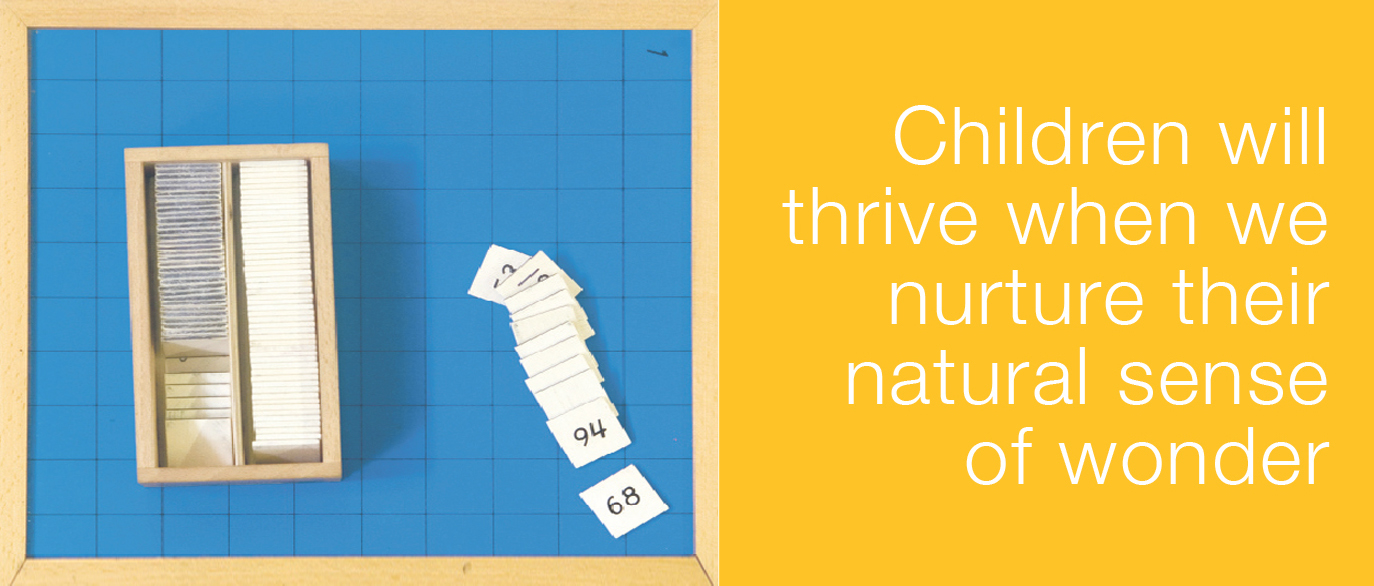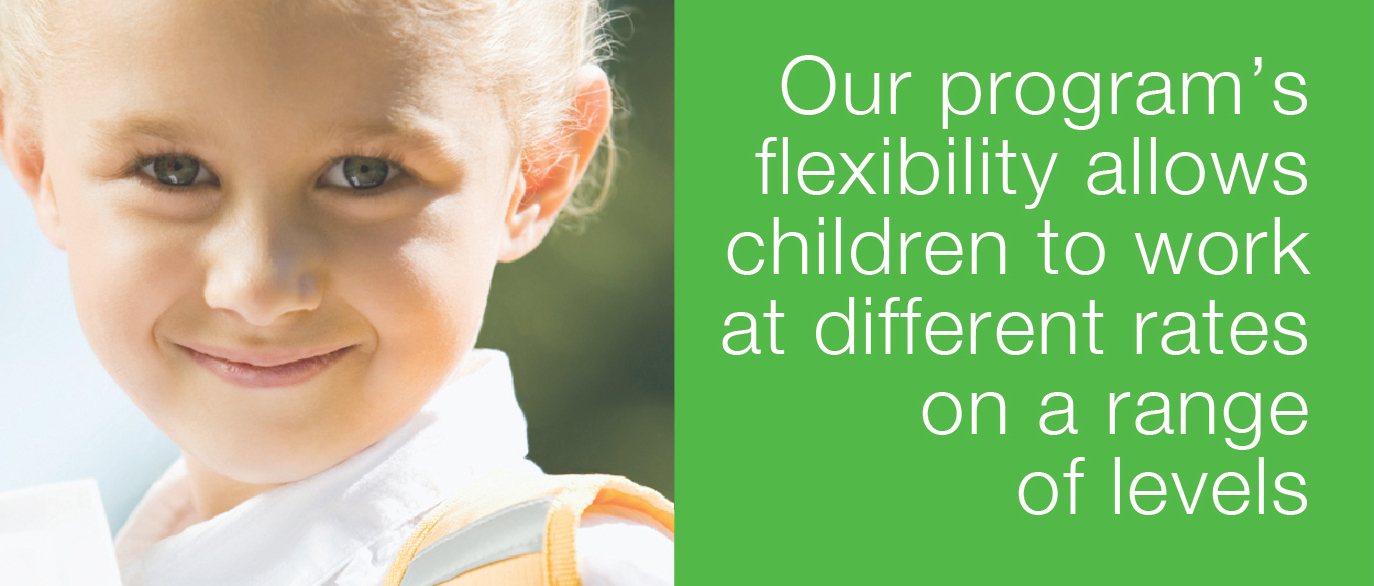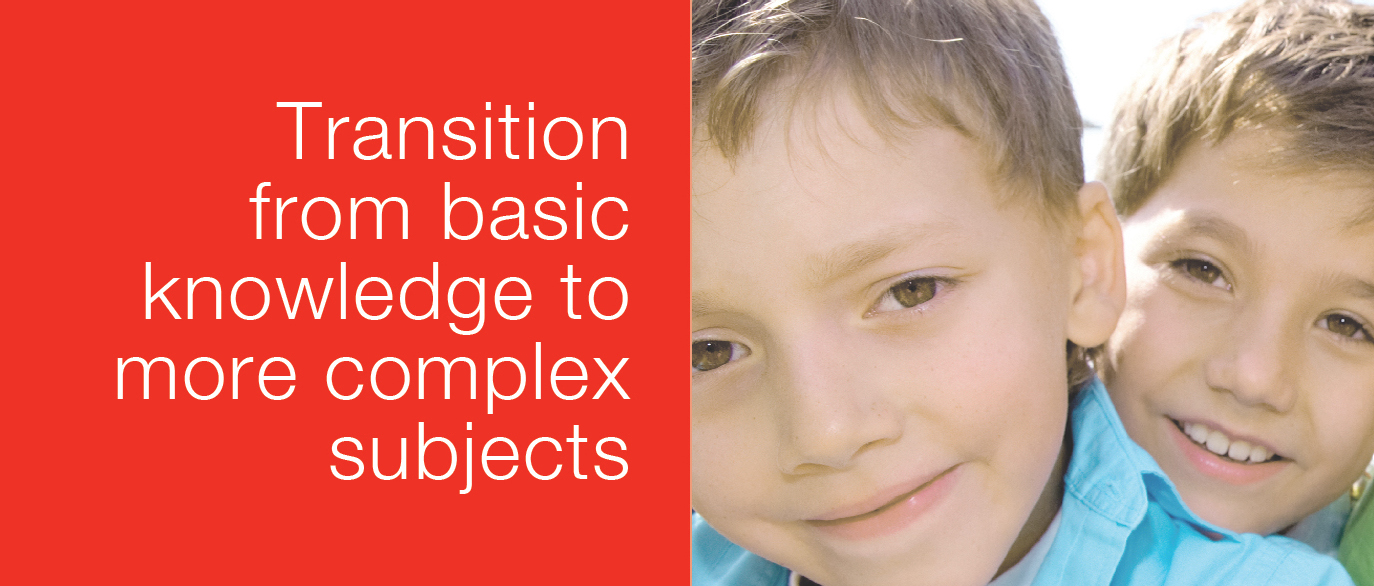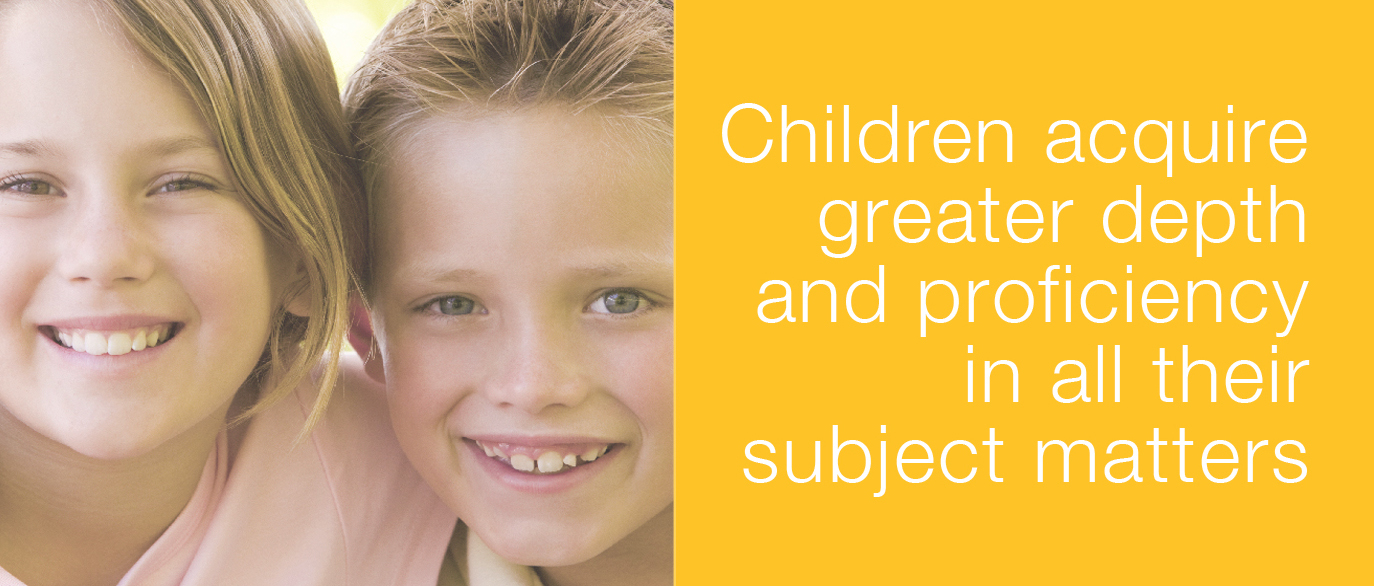EDUCATIONAL PROGRAMS
Trevose Day School offers programs that meet every child’s unique educational needs. Outstanding teachers and administrators design unparalleled classroom curricula that intellectually stimulate young students in every regard. Our Montessori School, Traditional First Program, Kindergarten and Elementary schools comprise Trevose Day School. Meeting each student’s particular demands while challenging their minds has been Trevose’s philosophy since 1970.

MONTESSORI SCHOOL
Montessori educators give children endless opportunities to embrace life. Educators offer an academic experience combined with social, emotional, physical and intellectual challenges. At the core of Montessori’s philosophy and ours is respect. Respect of each child’s individual learning style sets the tone for academic development and success in and outside of the classroom.
Dr. Maria Montessori recognized that children learn naturally from their environment and each other. Older children inspire younger peers, thus inspiring the latter to grow and learn; the former garners accomplishment and pride through leadership.
The Neshaminy Montessori classroom is for children two-and-a-half through six years old. There are five study areas: practical life, sensorial, mathematics, language and cultural/scientific activities.
FIRST PROGRAM
Trevose Day School’s First Program is your child’s first step to a lifelong love of learning. Younger students learn in a nurturing environment, allowing them to gain healthy attitudes toward themselves and learning. At Trevose Day School, each student learns to work and play together. This builds developmental and academic skills that provide strong foundations for kindergarten and beyond. First Program provides self-awareness lessons, language arts, mathematics, writing readiness, art, music, science, cultural activities and more.

KINDERGARTEN
Kindergarten emphasizes basic intellectual skills and unveils enriching scientific, imaginative and research projects. Since students begin Kindergarten at different readiness stages, our program’s flexibility allows children to work at different rates and on various levels. This is accomplished through individualized and small group attention, successfully promoting each child’s academic success. Children at this level are introduced to reading, writing and more advanced creative and cultural activities, while continually developing perceptual and motor skills. At this stage of learning, children also begin practicing informal public speaking that promotes confidence and self-esteem for future presentations.

EARLY ELEMENTARY
Children’s formal education starts through integrating newly acquired skills and transitioning from basic knowledge to more complex subjects. In first and second grade, children engage in organized reading and writing instruction. Students acquire the building blocks of literacy through listening, speaking, reading and writing. As they are ready, abstract mathematical concepts are introduced, from addition and subtraction to multiplication and division. Science is introduced via motivating hands-on activities through which young children stimulate their interest in the scientific method. Each classroom is equipped with technology that enhances learning in all academic areas.

UPPER ELEMENTARY
Children acquire greater depth and proficiency in all subject matters throughout higher grade levels. Reading clubs introduce literary genres and insightful small group discussions. Writing instruction encourages formal writing process mastery. Mathematical concepts move into higher-level problem solving and pre-algebraic concepts. Children explore science through our unique inquiry-centered program, offering students first-hand scientific phenomena experiences. Computer instruction hones technological skills that research, data analysis and presentations require.

